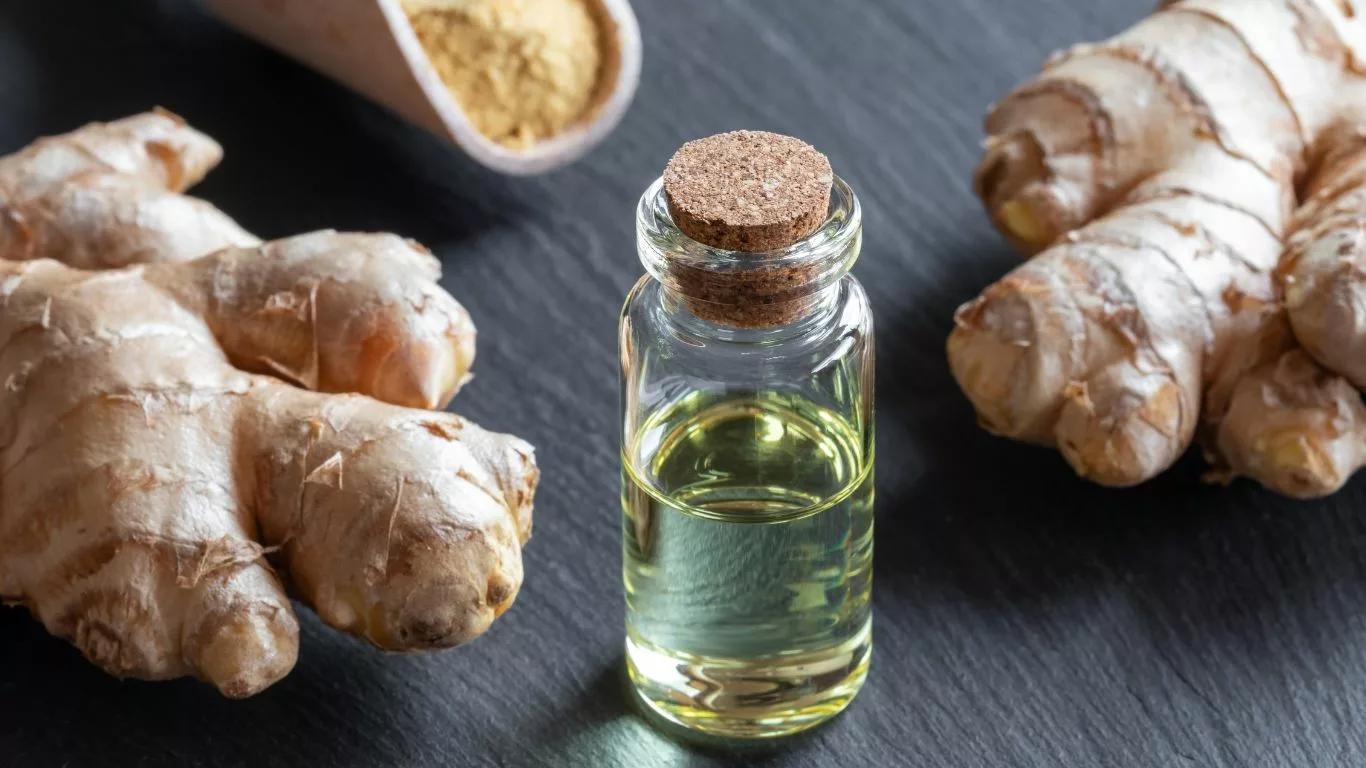GERD and Anxiety: Exploring the Connection and Management Strategies
Explore how GERD and anxiety are interconnected, learn about shared symptoms, and discover effective management strategies to improve both mental and digestive health in this comprehensive guide.
GERD (Gastroesophageal Reflux Disease) and anxiety are two distinct health conditions, yet they often occur together, creating a complex relationship that can significantly impact an individual’s quality of life. GERD is a chronic digestive disorder where stomach acid flows back into the esophagus, causing discomfort and irritation. Anxiety, on the other hand, involves persistent worry and stress that can affect both mental and physical health. This article delves into the intricate link between GERD and anxiety, their overlapping symptoms, and effective management strategies.

Understanding the Connection Between GERD and Anxiety
The relationship between GERD and anxiety is multifaceted. Stress and anxiety can exacerbate GERD symptoms, while the discomfort caused by GERD can, in turn, heighten anxiety levels. This bidirectional connection is often referred to as a “vicious cycle.” Here are some key aspects of their relationship:
Physiological Link
Stress and anxiety can lead to increased stomach acid production, which may worsen GERD symptoms. Additionally, anxiety can heighten sensitivity to bodily sensations, making GERD symptoms feel more intense.
Behavioral Factors
Anxiety can trigger behaviors that exacerbate GERD, such as overeating, consuming trigger foods, or lying down immediately after meals. Addressing these behaviors is crucial for managing both conditions effectively.
Impact on Quality of Life
The interplay between GERD and anxiety can significantly impact daily life. Individuals may experience difficulty concentrating, poor sleep quality, and reduced physical activity due to their symptoms.
Symptoms of GERD and Anxiety
While GERD and anxiety are separate conditions, they share several symptoms that can complicate diagnosis and treatment. Understanding these overlapping symptoms is essential for effective management.
| Symptom | GERD | Anxiety |
|---|---|---|
| Heartburn | Common | Possible (due to stress-induced acid reflux) |
| Chest Pain | Common | Common (often mistaken for heart-related issues) |
| Nausea | Possible | Common |
| Difficulty Swallowing | Common | Rare |
| Restlessness | Rare | Common |

Effective Management Strategies
Managing GERD and anxiety involves a combination of medical treatment, lifestyle changes, and stress management techniques. Here are some effective strategies:
Medical Treatment
- GERD: Medications such as proton pump inhibitors (PPIs) and H2 blockers can reduce stomach acid and alleviate symptoms.
- Anxiety: Therapies like cognitive-behavioral therapy (CBT) and medications such as selective serotonin reuptake inhibitors (SSRIs) can help manage anxiety symptoms.
Dietary Changes
Adjusting your diet can help manage GERD symptoms and reduce anxiety triggers:
- Avoid GERD triggers such as spicy foods, caffeine, and carbonated beverages.
- Incorporate anxiety-reducing foods like leafy greens, nuts, and whole grains.
Stress Management
Stress reduction techniques can benefit both GERD and anxiety:
- Practice mindfulness and meditation to reduce stress levels.
- Engage in regular physical activity to improve mood and digestion.

Frequently Asked Questions (FAQs)
- Can anxiety cause GERD? Yes, anxiety can increase stomach acid production and muscle tension, which may worsen GERD symptoms.
- What foods should I avoid if I have GERD and anxiety? Avoid spicy, acidic, and caffeinated foods. Opt for a balanced diet that includes whole grains, fruits, and vegetables.
- Can managing stress improve GERD symptoms? Yes, reducing stress can lower stomach acid production and improve digestive health.
Conclusion
GERD and anxiety often coexist, creating a challenging cycle of symptoms. Understanding their connection and adopting a holistic approach to treatment can significantly improve your quality of life. By combining medical care, lifestyle changes, and stress management techniques, you can effectively manage both conditions and enhance your overall well-being.
Disclaimer: The information provided in this article is for educational purposes only. Consult a healthcare professional for personalized advice on managing GERD and anxiety.

Camellia Wulansari is a dedicated Medical Assistant at a local clinic and a passionate health writer at Healthusias.com. With years of hands-on experience in patient care and a deep interest in preventive medicine, she bridges the gap between clinical knowledge and accessible health information. Camellia specializes in writing about digestive health, chronic conditions like GERD and hypertension, respiratory issues, and autoimmune diseases, aiming to empower readers with practical, easy-to-understand insights. When she’s not assisting patients or writing, you’ll find her enjoying quiet mornings with coffee and a medical journal in hand—or jamming to her favorite metal band, Lamb of God.







